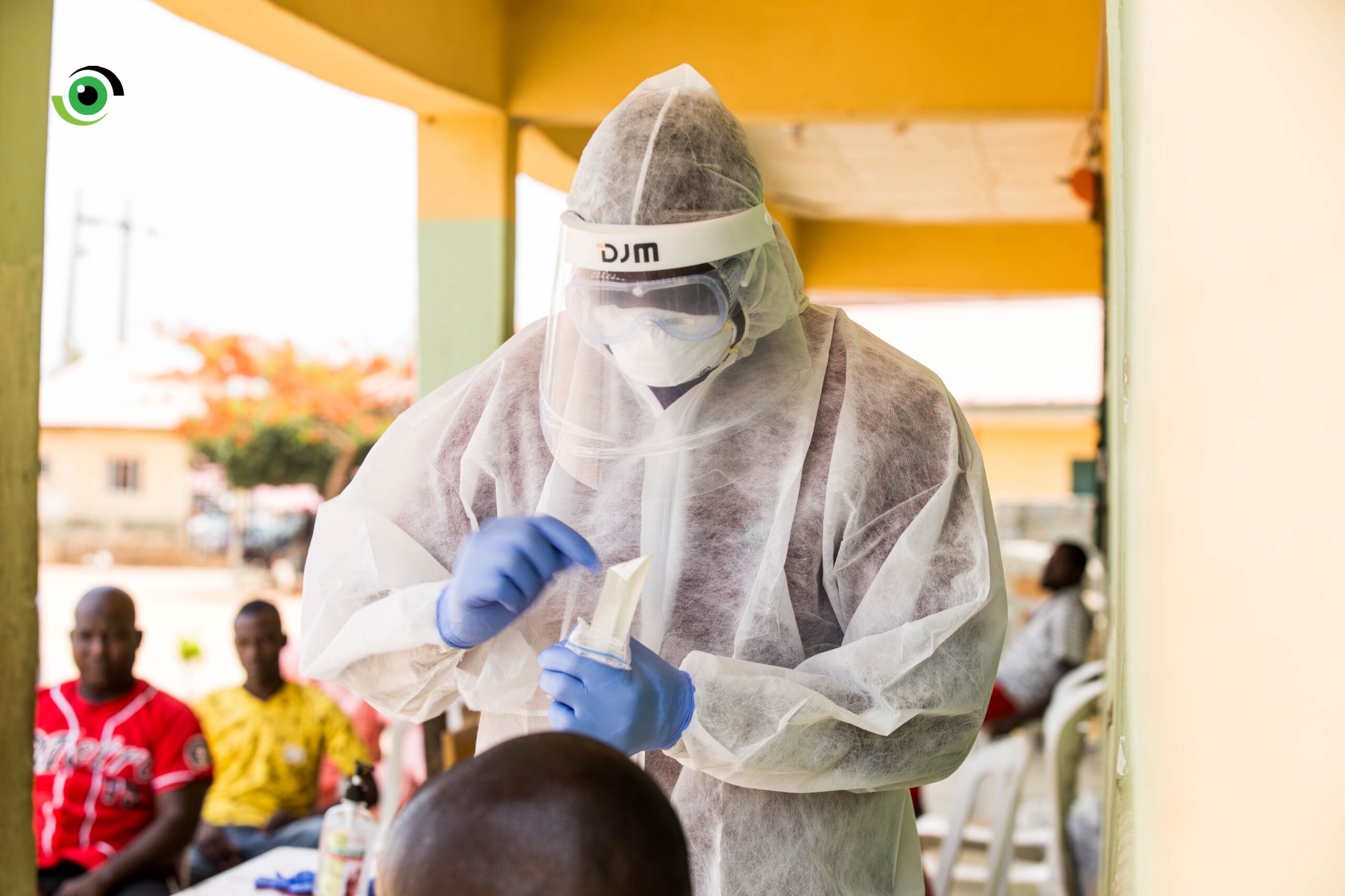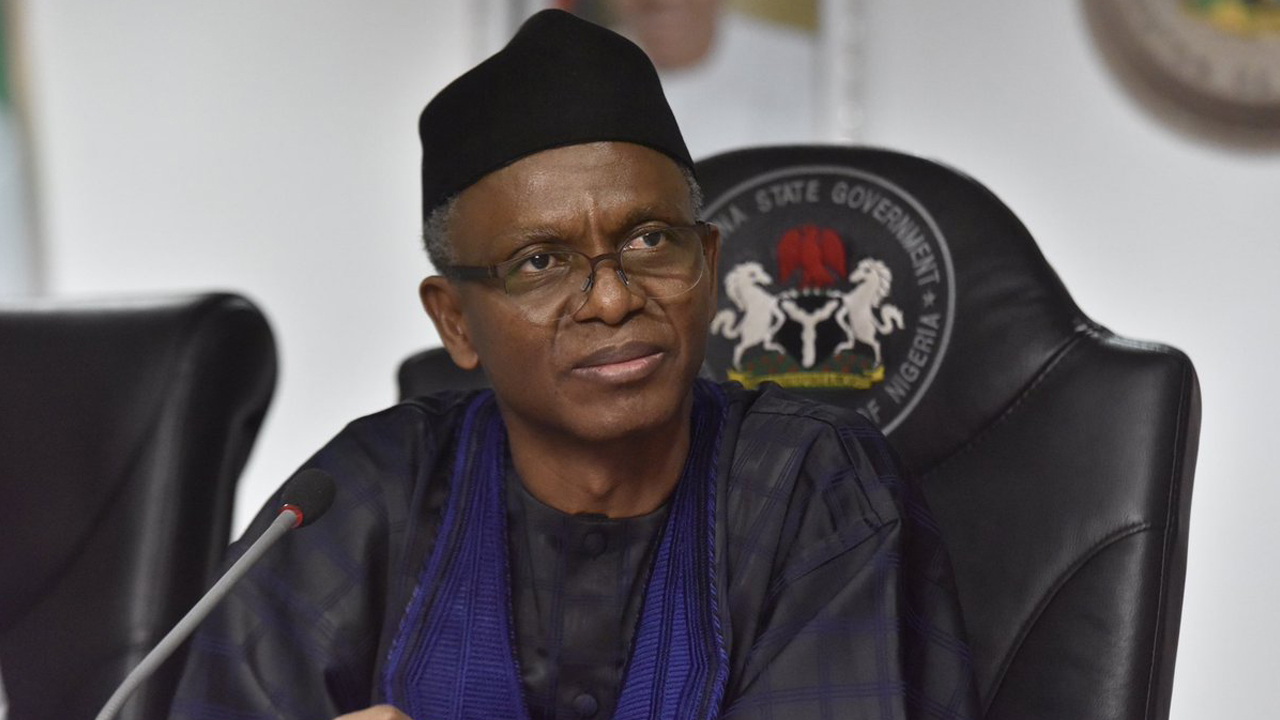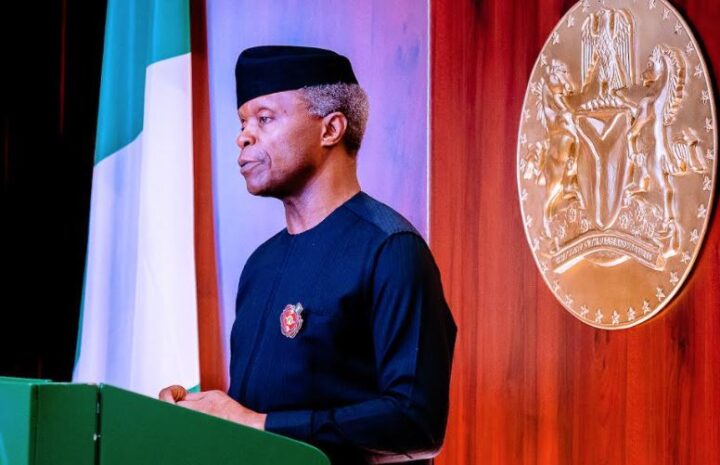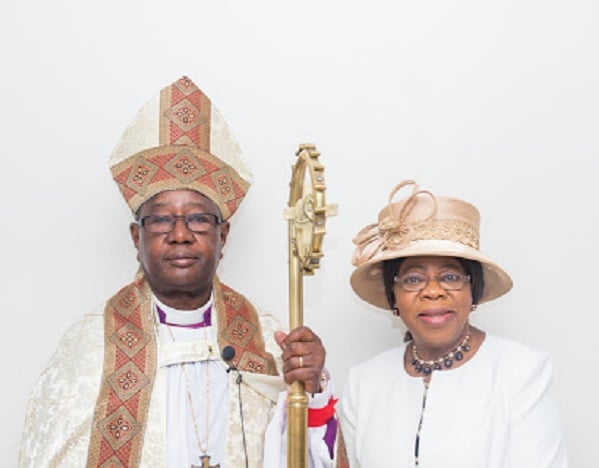BY AISHA AGYENO
The battle against COVID-19 is strongly progressing, with the spread of the virus being reduced by physical distancing, face masks, testing and tracing. Outbreaks and disruptions to economic and social life will probably continue unless effective vaccines are administered to large portions of the global population to prevent hospitalisation and achieve global vaccine immunity.
The world now needs more doses of COVID-19 vaccines to inoculate enough people and attention has turned to expanding production capacity to promote the widespread roll-out of successful vaccines. Scaling up production to meet global demand is a monumental challenge because the volume of vaccines that is needed puts pressure on global supply chains for inputs, such as glass vials, syringes, and stabilising agents.
Countries are aiming to administer COVID-19 vaccines to nearly their entire populations, making these vaccines potentially unaffordable for many governments, even at low prices per dose. Mechanisms are needed to ensure the affordability and sustainable financing of COVID-19 vaccines in low-income and middle-income countries, which are home to about 85% of the global population.
Advertisement
In addition to the development and affordability of vaccines, an essential pillar of the vaccination challenge is ensuring that enough doses are available globally because, during the 2009 H1N1 influenza pandemic, rich countries bought up most of the global supply of pandemic influenza vaccines, leaving inadequate amounts for resource-poor countries, many of which were among the world’s worst affected.
To avoid a repeat of the H1N1 scenario, in April 2020, WHO announced the creation of a global allocation mechanism, the COVID-19 Vaccine Global Access (COVAX) Facility. COVAX is a pooled procurement initiative that, in addition to seeking to secure low prices, aims to provide all countries with access to a diversified portfolio of vaccines during the acute phase of the pandemic.
Public confidence and trust in COVID-19 vaccines are important and policymakers should urgently partner with NGOs to create initiatives to increase vaccination knowledge and awareness; encourage community engagements, including involvement of religious and other influential leaders, to understand concerns, build trust, and manage rumors and misinformation; and making vaccines available in convenient and accessible locations.
Advertisement
In Nigeria, the food and drug control agency approved the AstraZeneca vaccine for use in February, and on March 2, Nigeria with a population of over 200 million people received close to four million doses of the Oxford/AstraZeneca covid-19 vaccine, with healthcare and frontline workers scheduled to be the first to be vaccinated.
Four healthcare workers, three male doctors and a female nurse were the first set of healthcare workers to receive the AstraZeneca vaccines in the country on March 5 at the National Hospital, Abuja. After the frontline workers, on the 6th of March, the President of Nigeria, President Muhammadu Buhari and Vice President Yemi Osinbajo received their AstraZeneca vaccination. The food and drug control agency also launched a self-registration portal online to try to ease the roll-out process.
The approval and roll-out of vaccines are giving people hope and can be seen as a means to an end in the pandemic era.
Aisha Agyeno can be reached via [email protected]
Advertisement
Views expressed by contributors are strictly personal and not of TheCable.






